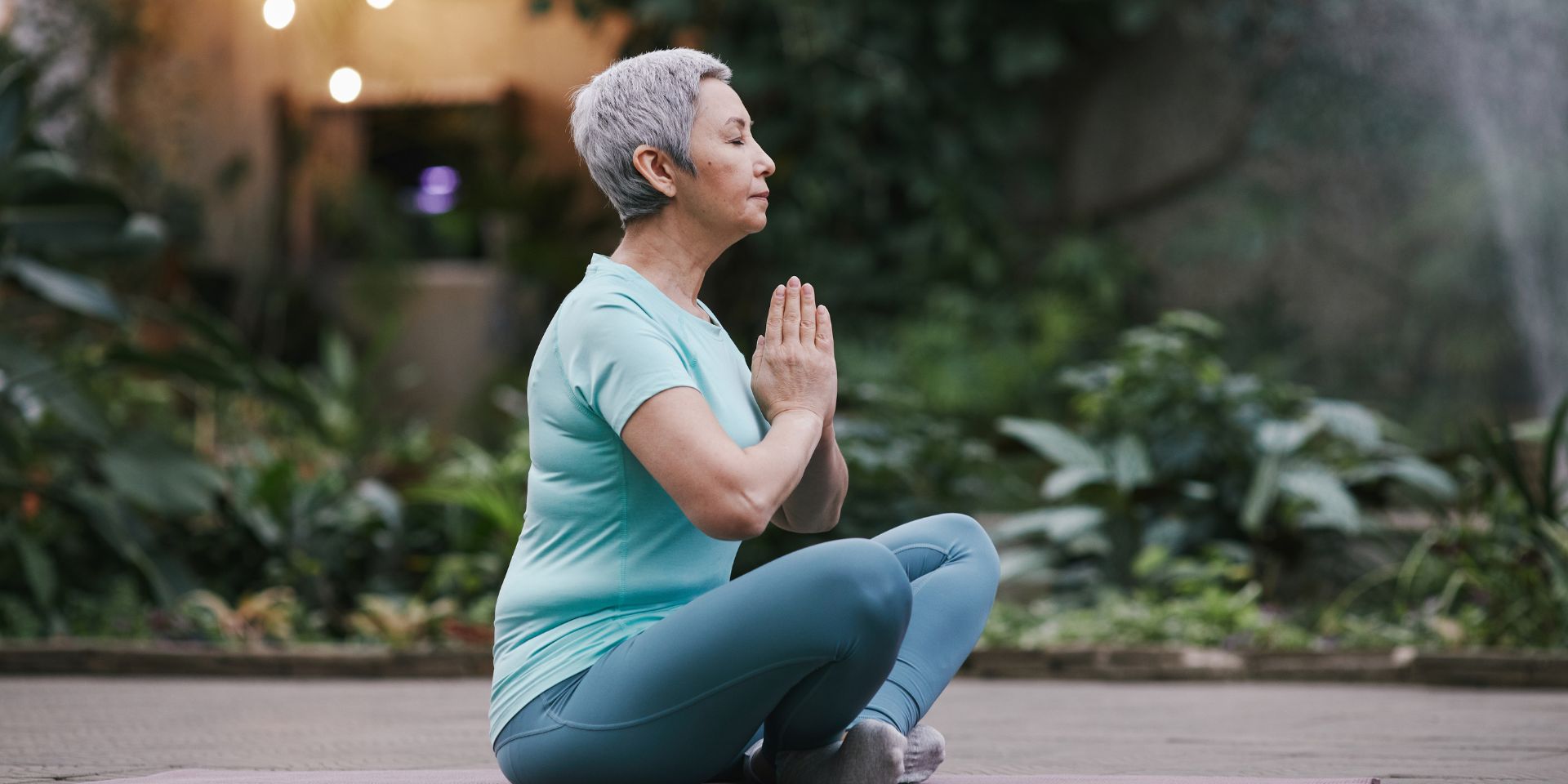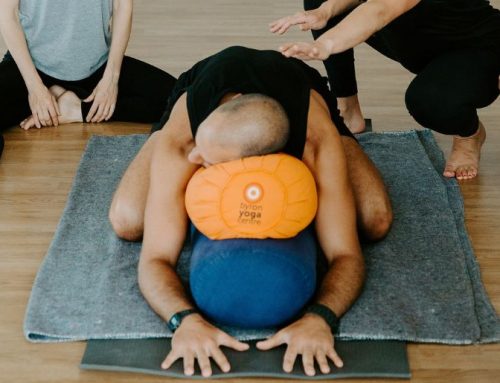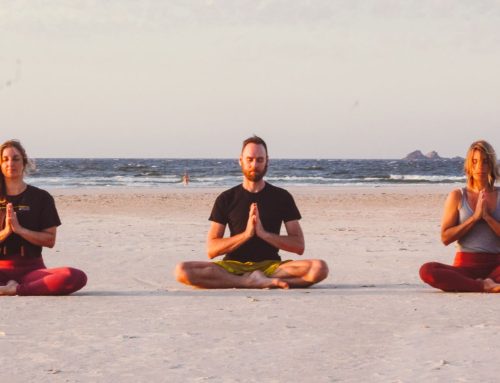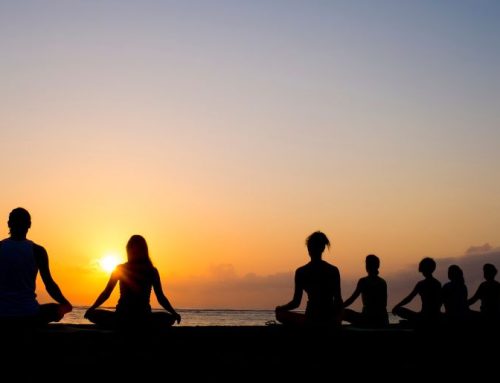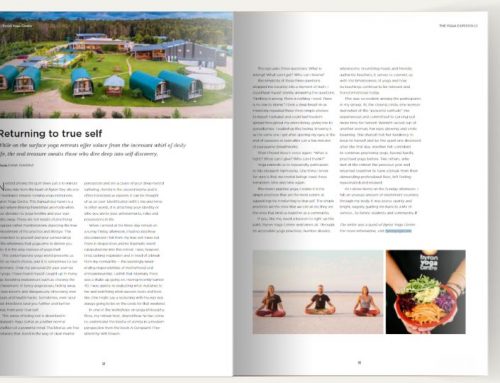Yoga is often surrounded by misconceptions, especially for those who haven’t tried it before. Some might think they need to be super flexible, young, or even highly spiritual to start. Let’s dive into five common yoga myths and uncover the truths behind them. These insights can help you understand that yoga truly is for everyone, regardless of age, background, or ability!
Myth #1: You Need to be Flexible to do Yoga
The Truth:
Flexibility is not a prerequisite to start practicing yoga. In fact, yoga improves your flexibility over time, along with balance and strength. If you can’t touch your toes, that’s absolutely okay—your range of movement will expand as you practice. Beginners often feel that they need to look a certain way or achieve certain poses immediately, but yoga is a journey that respects where you are now, helping you grow in a way that’s both natural and sustainable.
Myth #2: Yoga is Only for Young People
The Truth:
Yoga is timeless, suitable for anyone from teens to seniors. In fact, there are various styles of yoga and modifications that cater to different age groups and abilities. Gentle yoga, restorative yoga, and chair yoga, for instance, are wonderful options for seniors. Yoga helps reduce joint pain, enhances mobility, and promotes overall wellness, making it an excellent practice for healthy aging. The only age limit in yoga is the one we place on ourselves!
Myth #3: Yoga is Just Stretching
The Truth:
While yoga does involve stretching, it’s far from just stretching. Yoga combines physical postures (asanas) with mindful breathing (pranayama) and meditation to create a holistic experience. It supports your mind, body, and spirit by helping you relieve stress, build focus, and connect with your inner self. While flexibility and strength are developed through physical poses, yoga also promotes emotional resilience and mental clarity, which is what makes it such a unique practice.
Myth #4: You Have to Master Advanced Poses to Get the Benefits of Yoga
The Truth:
The benefits of yoga don’t come from doing complicated postures. You don’t have to stand on your head or twist into advanced shapes to enjoy yoga’s transformative effects. Practicing simple, foundational poses with intention can bring huge benefits to your mental and physical health. Focusing on breathing and mindfulness during practice is just as important, if not more so, than the poses themselves. Remember, yoga is more about presence than perfection.
Myth #5: Yoga is a Religion
The Truth:
Yoga has roots in ancient Indian philosophy, but it is not a religion. Instead, it’s a spiritual practice that encourages self-awareness, mindfulness, and connection to oneself. People from all backgrounds and belief systems can practice yoga without any conflict of faith. While yoga can deepen one’s sense of spirituality or self, it’s ultimately a personal journey that doesn’t prescribe any religious doctrine.
Yoga is about embracing your unique journey and discovering the path that’s right for you. Don’t let these myths keep you from experiencing all that yoga has to offer. Whether you’re just starting out or looking to deepen your practice, remember that yoga meets you where you are—no myths, just real growth and connection. At Byron Yoga Centre we believe that yoga is for every body. Join us on your next yoga adventure. ❤

